Gallery
Photos from events, contest for the best costume, videos from master classes.

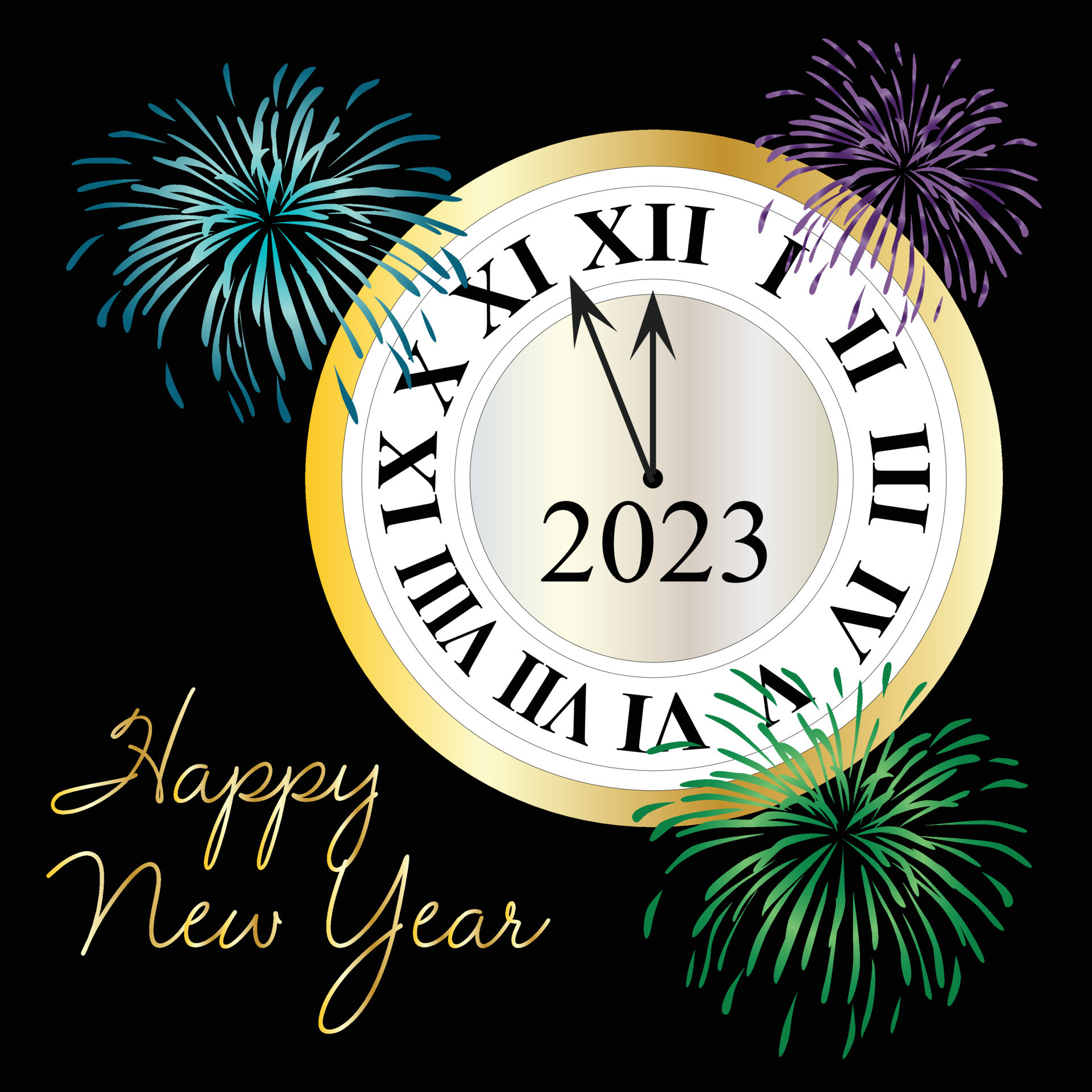
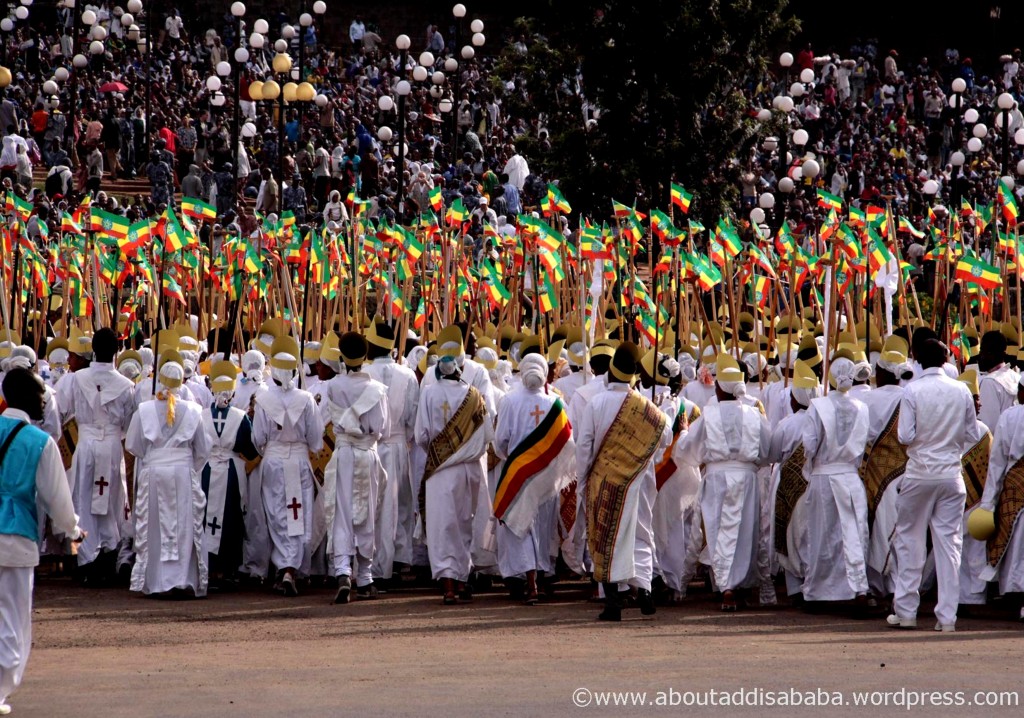

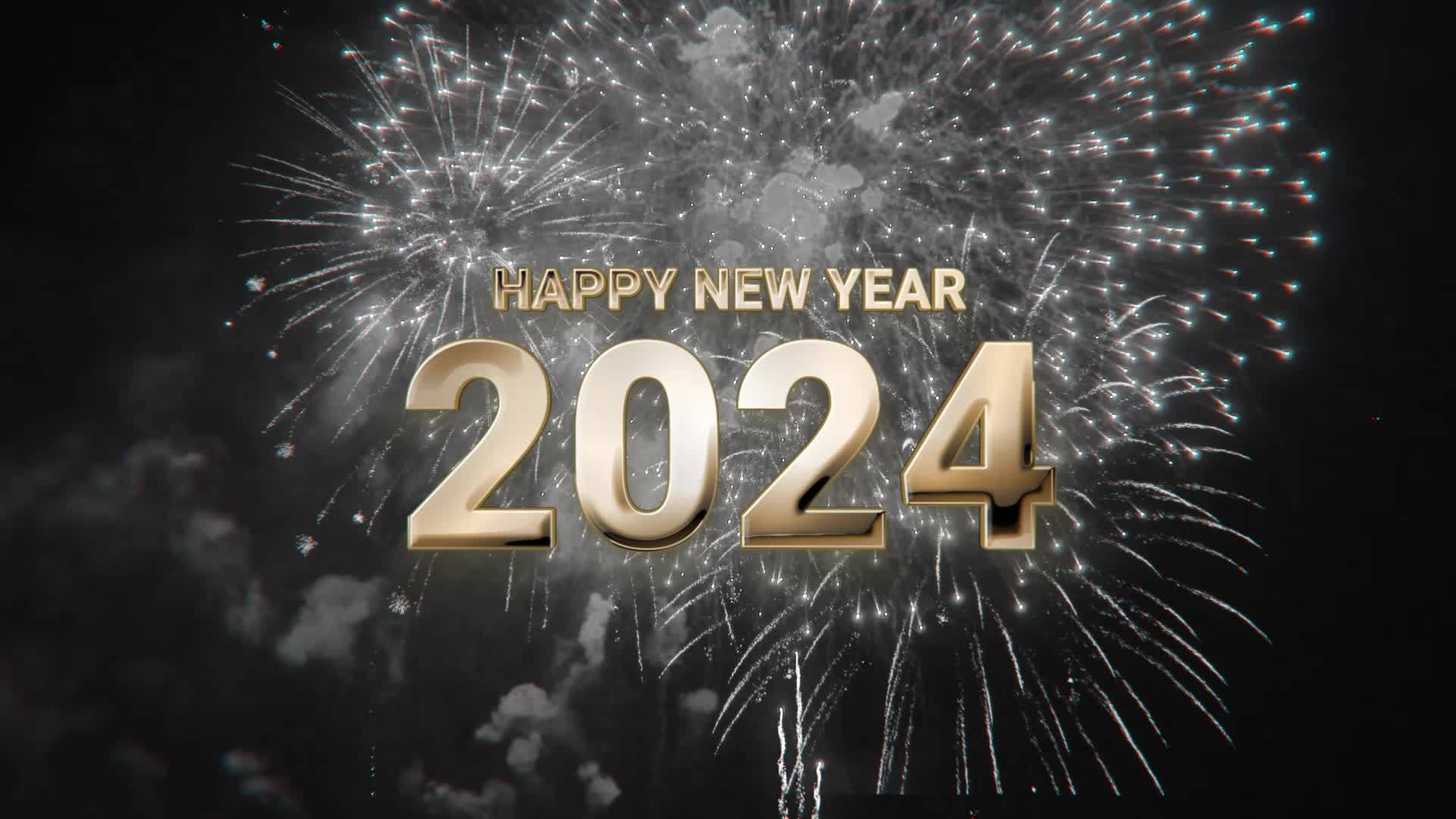
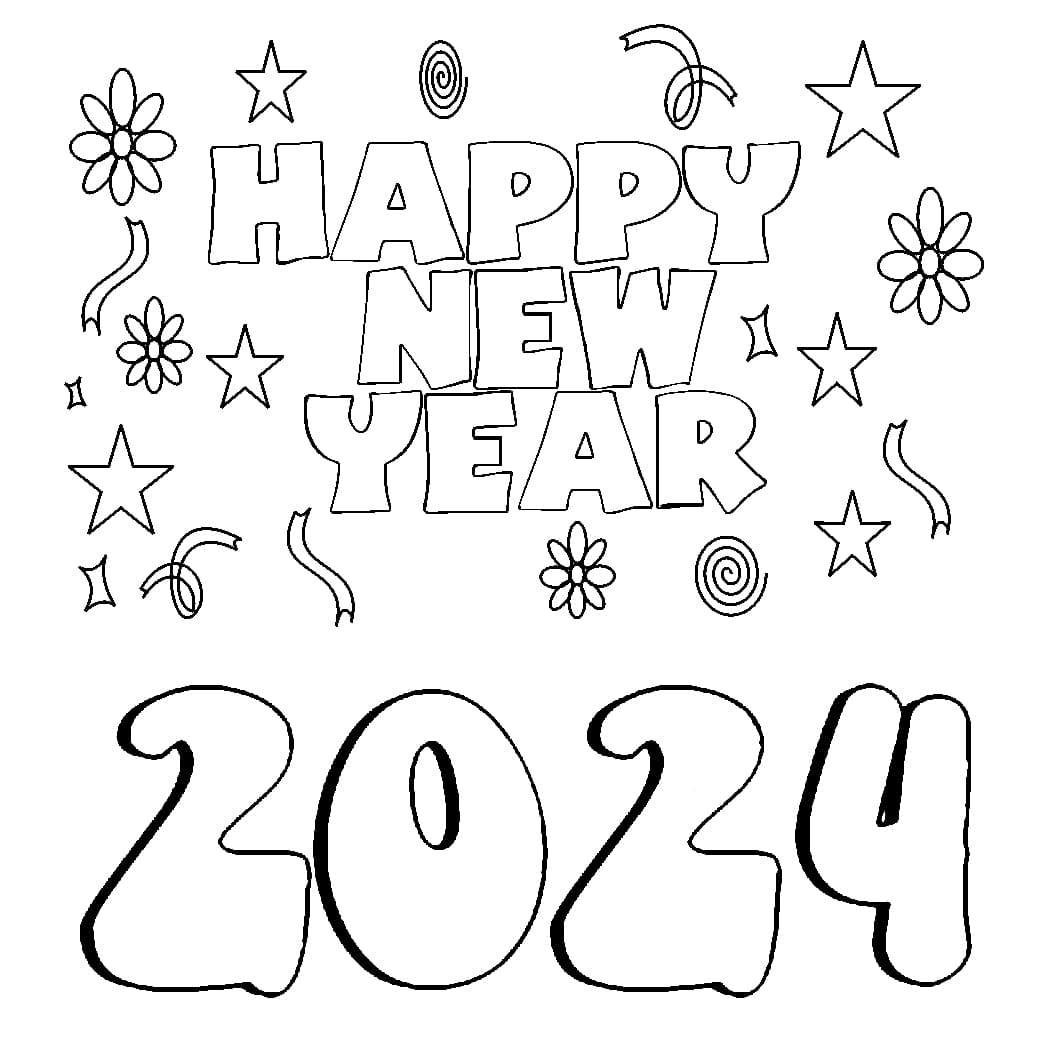
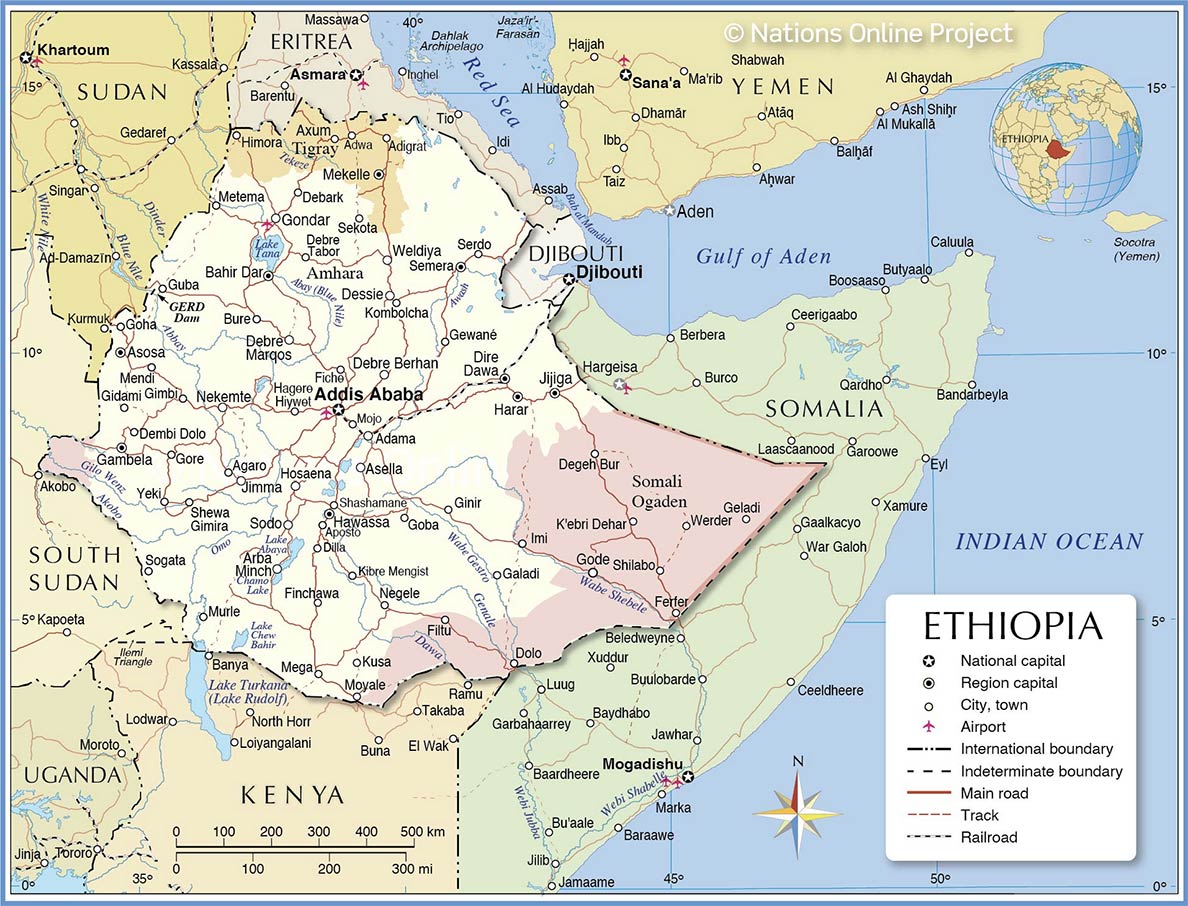


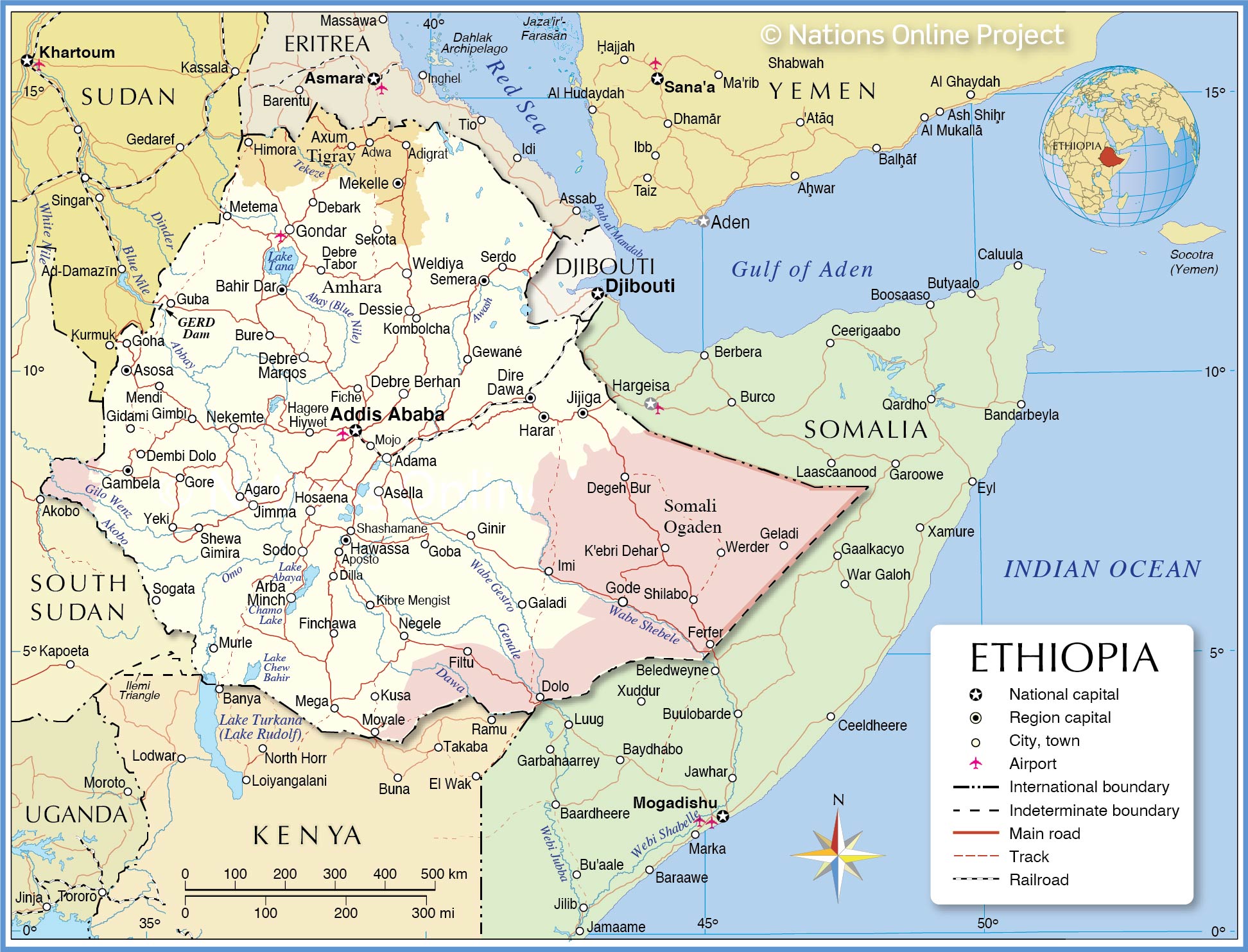


Ethiopian New Year 2025, 2026 and 2027 in Ethiopia Ethiopean New Year’s Day is the first day of the month of Meskerem, which corresponds to 11 September on the Gregorian Calendar. The holiday is named “Enkutatash”, meaning “a gift of jewels” because it is thought that the Queen of Sheba returned to Ethiopia on this day some 3,000 New Year's Day Enkutatash ( Ge'ez : እንቁጣጣሽ) is a public holiday in coincidence of New Year in Ethiopia and Eritrea . It occurs on Meskerem 1 on the Ethiopian calendar , which is 11 September (or, during a leap year , 12 September) according to the Gregorian calendar . Ethiopian New Year, or Enkutatash, is a beloved celebration that marks the first day of the Ethiopian calendar year.Rich in cultural traditions, the Ethiopian New Year is one of the most widely celebrated holidays in Ethiopia, uniting people from all regions, religions, and ethnic backgrounds. Enkutatash, the Ethiopian New Year, is a vibrant and joyous holiday celebrated on Meskerem 1st in the Ethiopian calendar. Enkutatash usually falls on September 11th in the Gregorian calendar. This holiday holds great cultural significance for the people of Ethiopia, marking the beginning of a new year and the end of the rainy season. Ethiopian Calendar and Enkutatash. The Ethiopian calendar differs significantly from the Gregorian calendar used in most parts of the world. It consists of 13 months—12 months of 30 days each and a 13th month, Pagumē, with five or six days depending on the leap year. The Ethiopian New Year has a rich cultural history dating back to the days of Queen of Sheba. In fact, the holiday's name is derived from a story about the Queen of Sheba's return to Ethiopia The Ethiopian New Year Enkutatash means the ‘gift of jewels’. Legend has it that King Solomon of Jerusalem gave the Queen of Sheba jewels during her famous visit to Jerusalem some 3,000 years ago. Her return to Ethiopia after receiving the gift coincided with the New Year celebration in September, and hence the name Enkutatash came to be. The Ethiopian New year is a celebration involving the entire family. While the girls are out singing and clapping their hearts out, the boys are making beautiful paintings that herald the coming of a bright new day, which they then go from house to house handing out their works of art on the morning of the holiday to relatives, neighbors, and Enkutatash (Ethiopic እንቁጣጣሽ) is the first day of the New Year in Ethiopia. It occurs on Meskerem 1 on the Ethiopian calendar, which is 11 September (or, during a leap year, 12 September) according to the Gregorian calendar. Enkutatash is the name for the Ethiopian New Year, and means “gift of jewels” in the Amharic language. Ethiopians and Eritreans celebrate the start of the new year on the first day of the month of Mäskäräm. In the Amharic language that is spoken in Ethiopia, the new year is referred to as Enkutatash. According to the Gregorian calendar, it occurs on September 11 (or September 12 in leap years). And Ethiopia New Year this year - Enkutatash Year Weekday Date Name Holiday Type; 2003: Fri: Sep 12: Ethiopian New Year: Public Holiday: 2004: Sat: Sep 11: Ethiopian New Year: Public Holiday: 2005: Sun: Sep 11 For example, if it’s 2024 in the Gregorian calendar, the Ethiopian year would be 2016 or 2017, depending on whether the Ethiopian New Year (Enkutatash)—celebrated on September 11 or 12—has already passed. Similarly, in 2023, the Ethiopian year would be 2015 or 2016.While this formula provides a quick approximation, exact conversions The Ethiopian New Year’s Day holiday, also known as Enkutatash, is celebrated on September 11th (or September 12th in leap years) and marks the beginning of the Ethiopian calendar year. It is a public holiday in Ethiopia and is celebrated with great enthusiasm and joy. As a result, the Ethiopian New Year's Day usually falls on September 11, and on September 12 in a leap year. On New Year's Day, Ethiopians take part in a plethora of vibrant traditions and customs. It is a day of family reunions and a time for children, dressed in new outfits, to receive bouquets of daisies. New Year’s Day Monday, January 01. Ethiopian Christmas (Genna) Ethiopian New Year (Enkutatash) Wednesday, September 11. Birthday of Prophet Mohammed (Moulid) Ethiopian New Year's Day: History, Top Tweets in Canada, 2024 date, facts, and things to do. When is Ethiopian New Year's Day shown on a calendar. On the Gregorian calendar, Ethiopian New year falls on the 11th September. According to the bible, God created the earth in the month of September, and legend has it that King Solomon gave the Ethiopian Queen of Sheba jewels during a state visit over 3,000 years ago. A sixth epagomenal day is added every four years, without exception, on 29 August of the Julian calendar, six months before the corresponding Julian leap day. Thus, the first day of the Ethiopian calendar year, 1 Mäskäräm, for years between 1900 and 2099 (inclusive), is usually 11 September (Gregorian). Learn more about Ethiopian New Year, or Enkutatash, a beloved celebration that marks the first day of the Ethiopian calendar year on Meskerem 1 Ethiopian Months Discover the captivating rhythm of the Ethiopian months – that flow with a distinct charm and rhythm found nowhere else in the world. The Ethiopian New Year’s Day is known as Enkutatash (እንቁጣጣሽ). Enkutatash is celebrated marking the date Queen Sheba (Nigist Makda) returned from visiting King Solomon in 980 BC. Her people and attendants welcomed her with plenty of Jewelry as gift.
Articles and news, personal stories, interviews with experts.
Photos from events, contest for the best costume, videos from master classes.











